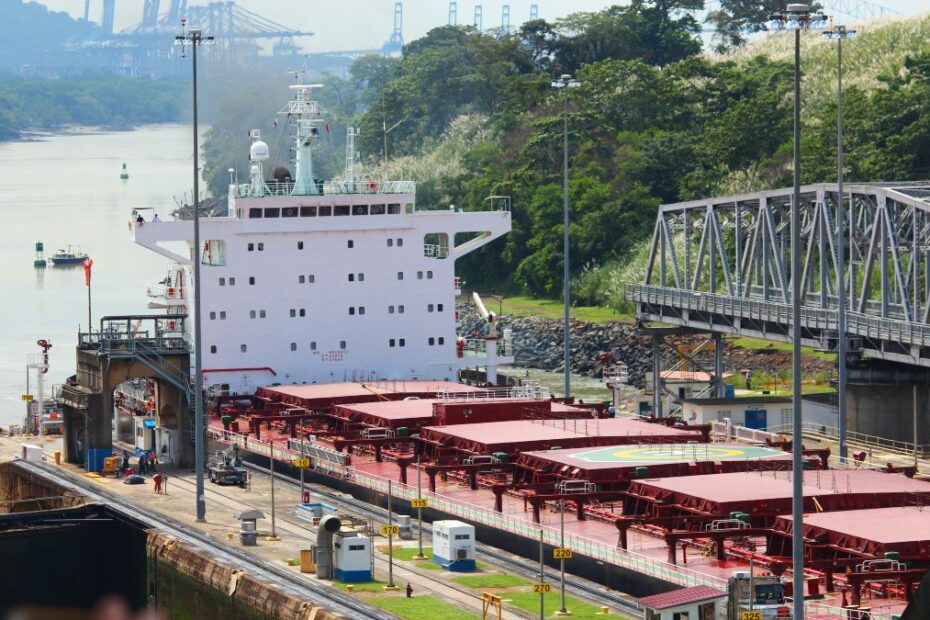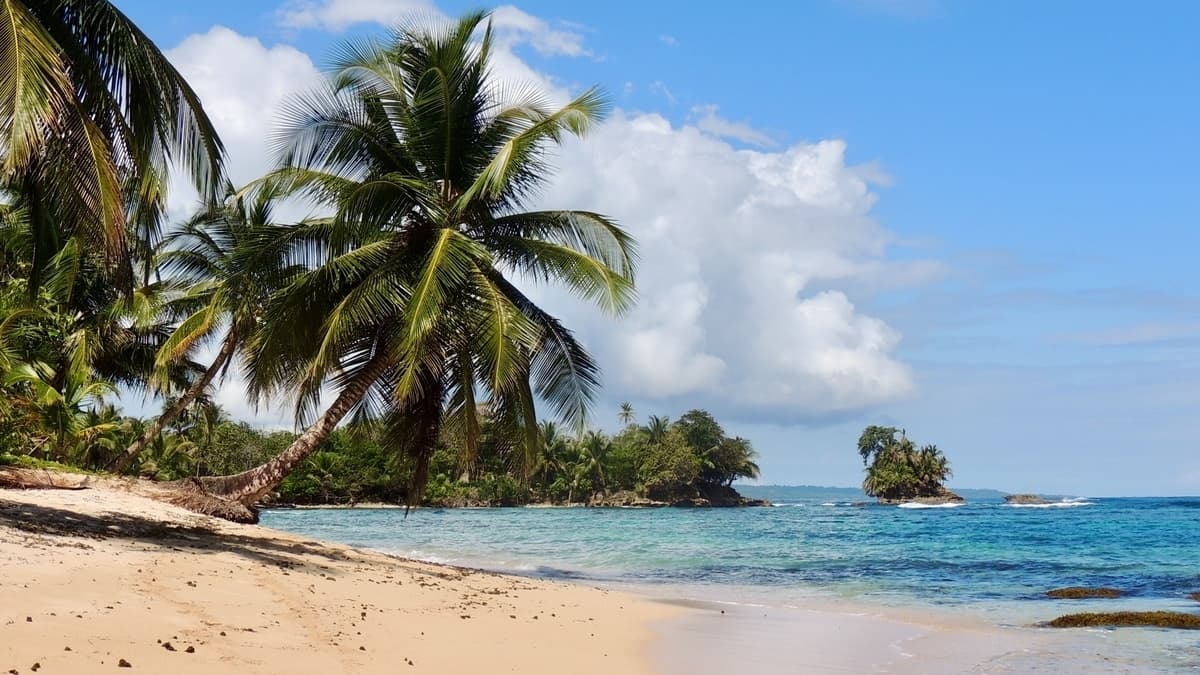Panama Bitcoin adaption has become a topic of debate following a series of high-profile proposals by Mayer Mizrachi, the mayor of Panama City.
Panama City’s mayor, Mayer Mizrachi, has recently been making headlines in the finance and crypto worlds. Over the past few months, he’s taken steps to integrate Bitcoin and other cryptocurrencies into the city’s financial infrastructure, with ambitions that extend well beyond the capital itself.
Inspired by El Salvador’s pioneering adoption of Bitcoin, Mizrachi has launched a series of proposals that could position Panama City as a hub for digital finance in the Americas. In April, he announced that residents would soon be able to pay taxes, fees, and fines using Bitcoin, Ether, and select stablecoins like USDC and Tether. The city partnered with a local bank to convert crypto payments into dollars on the spot, avoiding the need for new legislation.
This move fits with Mizrachi’s background in tech and startups. He previously founded ventures focused on encrypted communications, electric vehicles, and digital finance platforms, bringing a private-sector mindset to public governance.
Mizrachi has also floated the idea of creating a city-level Bitcoin reserve, following in the footsteps of El Salvador, which already holds over 6,000 Bitcoins. He later said that any city reserve would operate independently of national legislation, suggesting Panama City could act as a pilot project for wider adoption.
Panama City has made #Bitcoin history. The city has officially signed with one of the biggest local banks to process tax payments in crytpo 🚀
With a dollarized economy, strong banking system and adoption of Bitcoin Panama will continue to be the Financial Capital of Latam 🇵🇦… pic.twitter.com/9cZDFiVto1
— Mayer Mizrachi (@Mayer) April 23, 2025
Bitcoin and the Panama Canal
But the mayor didn’t stop there. Speaking at the recent Bitcoin 2025 conference in Las Vegas, Mizrachi proposed a headline-grabbing idea: give priority access through the Panama Canal to ships that pay tolls in Bitcoin. With the canal generating nearly $5 billion per year and handling 5% of global maritime trade, even partial crypto adoption could have a ripple effect on global shipping.
Critics quickly raised red flags. They warned that the volatility of Bitcoin could jeopardize Panama’s financial stability, particularly if major canal payments are made in a currency that can swing thousands of dollars in value within days. Others voiced concerns about cybersecurity, compliance with international regulations, and the potential for Panama to become a target for geopolitical backlash.
Still, Mizrachi’s supporters say this is the kind of outside-the-box thinking Panama needs. They argue crypto could cut out banking delays, lower transaction fees, and open the door for smaller shipping companies to access the canal more easily. Some even say it could turn Panama into the Singapore or Dubai of Latin America.
Great to see @Mayer looking to encourage real use of Bitcoin—-Mayor Mayer of Panama City says Canal Should give Bitcoin-Paying Ships Faster Access – Newsroom Panama https://t.co/ifyxdzNZvq
— Bitcoin Beach (@Bitcoinbeach) June 4, 2025
A Measured Approach or a Risky Gamble?
Regarding the overall question of Panama’s crypto future, the mayor has made it clear he doesn’t want hasty regulation to stifle growth. Speaking at the Bitcoin 2025 conference, Mizrachi urged Panama’s national lawmakers to take a hands-off approach. “Don’t touch it, don’t get near it, don’t even look at it,” he said. “Let it operate, let it function.” His message was that Bitcoin and other digital assets should be allowed to develop naturally before the government considers imposing regulatory restrictions.
So far, Panama’s national government has remained largely silent on the mayor’s Bitcoin proposals. While the country has previously flirted with crypto-friendly legislation, it was vetoed by the then-president and later struck down by the Supreme Court in 2023. That left Panama without a formal legal framework for crypto, despite ongoing interest from both public and private sectors. Most recently, the government has supported blockchain-related events and industry discussions, but has stopped short of endorsing widespread adoption.
While most of these talking points from Mizrachi are nothing more than than suggestions at this time, there’s no denying the energy Mizrachi has brought to Panama City’s crypto scene. Whether these bold moves will ultimately position Panama as a leader in global financial innovation or even happen at all remains to be seen. For now, one thing is certain: Panama could well become another key country alongside El Salvador to watch in the evolving story of cryptocurrency adoption.
Panama 🇵🇦 and El Salvador🇸🇻 pushing Bitcoin adoption in latin america 🚀 at the mainstage of @TheBitcoinConf@maxkeiser @stacyherbert pic.twitter.com/dqbdVe888x
— Mayer Mizrachi (@Mayer) May 29, 2025



